Resist the urge to peel, and treat your healing skin to some much-needed hydration
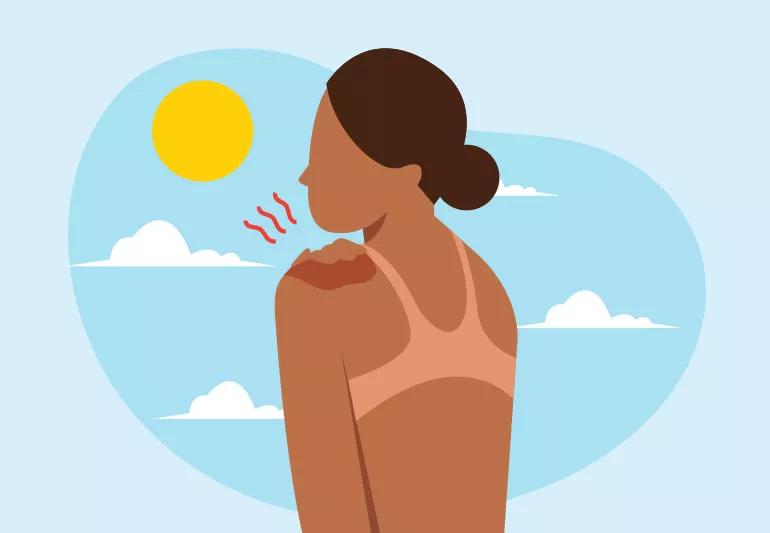
Just when the sting of your sunburn fades, the peeling sets in. Your top layer of skin flakes onto your clothing day after day and begs to be pulled off.
Advertisement
Cleveland Clinic is a non-profit academic medical center. Advertising on our site helps support our mission. We do not endorse non-Cleveland Clinic products or services. Policy
What’s the harm, you think. It’s about to fall off anyway, right?
Dermatologist Amy Kassouf, MD, weighs in on how to deal with this final stage of a sunburn. She explains why you peel, what to do about it and why tugging on your peeling skin may do more harm than good.
Dr. Kassouf says peeling is part of your skin’s natural healing process. A sunburn damages your skin cells. Your skin becomes red and swollen, causing it to expand. As the swelling starts to go down (about three days after you get burned), your outer layer of skin — made of dead skin cells — doesn’t shrink along with your healthy skin. Instead, it eventually peels away.
“Peeling is a form of skin cell turnover,” Dr. Kassouf says. “New, fresh skin layers grow underneath, and the outer layer peels away. The worse the burn, the worse the damage to your skin. Deeper burns mean more layers of skin may peel.”
It’s no secret that the easiest way to prevent peeling is to protect yourself from getting sunburned in the first place. If that ship has sailed and you’re experiencing a sunburn, peeling may be unavoidable.
“Your body moisturizes and hydrates your skin. But when the surface skin starts to separate from the skin underneath, it no longer has a source of moisturization and hydration,” Dr. Kassouf explains. “So, keeping your skin hydrated and preventing it from drying even further may help reduce the peeling or keep it from being noticeable.”
Advertisement
Some things you can try:
If your skin is peeling, it means your skin is healing. (Yay!) But the process can take up to a week or more depending on how severe the burn is.
“Once your sunburn is healing and the swelling has gone down, it’s doubtful you’ll keep those dead skin cells,” Dr. Kassouf says. “They’ll come off one way or another, but moisturizing and protecting your skin can make it more tolerable.”
While your skin is peeling:
Advertisement
There’s no tried-and-true method to halt peeling after it’s begun. But moisturizing, especially with aloe vera, may speed up the process.
“Hydrating the skin can help make the peeling less dramatic and noticeable,” Dr. Kassouf says. “As a bonus, applying moisturizer, even gently, may help the skin fall off more quickly.”
Peeling a sunburn — like popping pimples — is tempting, but may do more harm than good, says Dr. Kassouf.
“The top layer of skin, even though it’s dead, protects the new skin cells beneath it,” she continues. “If you start to peel the skin before it’s ready to come off, you can expose those new cells before they’re toughened up and ready to be exposed.”
You can also peel off new cells with the dead skin, leaving yourself at risk for infection. Signs your skin may be infected include:
“It’s best just to let your skin heal on its own,” she advises. “Treat it gently, and don’t force the dead skin to come off too soon.”
Advertisement
Learn more about our editorial process.
Advertisement
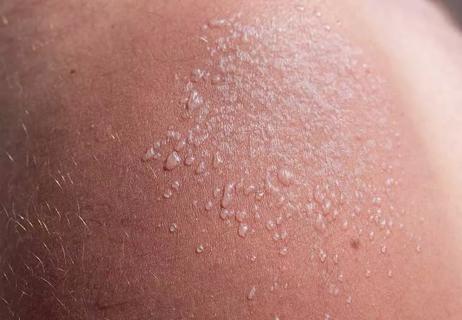
Leaving a severe sunburn untreated can lead to dehydration and heat-related illness
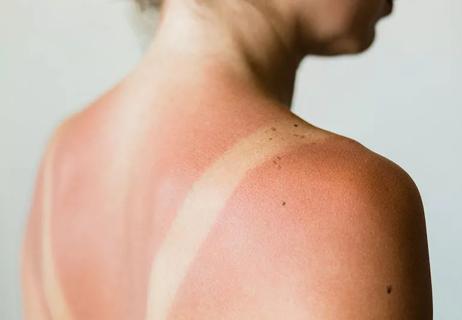
Soothe your red, burning skin by applying aloe vera, moisturizing and using a cold compress

A sunburn will leave you itchy and red, while sun poisoning can feel like an allergic reaction
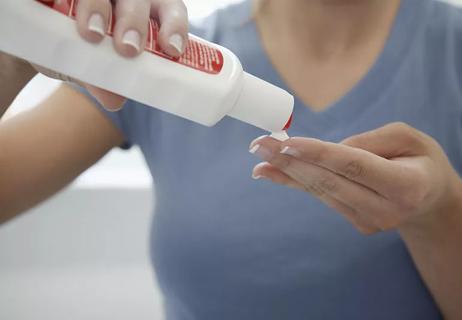
The safest route for now is to avoid spray-style sunscreen, and opt for lotion-based ones instead
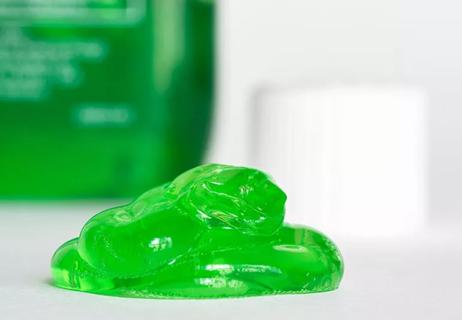
This cooling gel can help soothe sunburned skin, but it can’t cure the burn
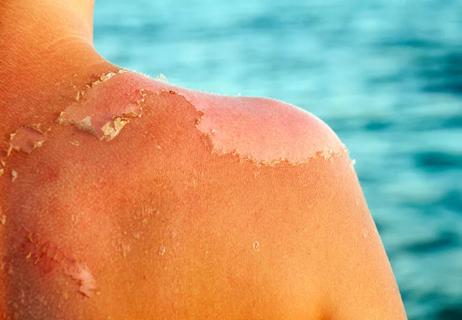
A dermatologist explains this agonizing type of sunburn

Get quick relief with ice chips, popsicles, milk and saltwater
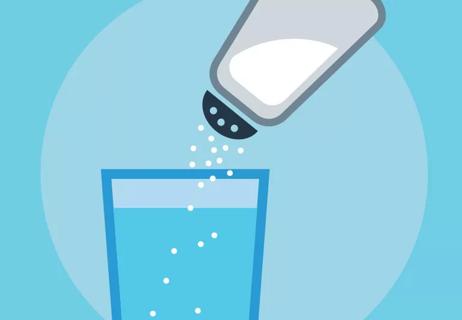
Ice, saline rinses, OTC pain meds and honey can all help soothe a troubled taster

Type 2 diabetes isn’t inevitable with these dietary changes

Applying a hot or cold compress can help with pain